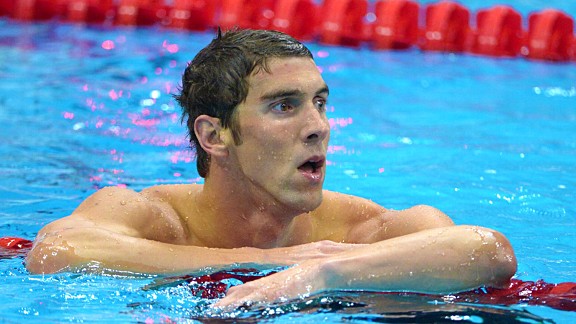Well all of that worrying about how tough Kiawah's Ocean Course would play during round one of The Glory's Last Stand Championship turned out to be unnecessary, as a soft, relatively wind-free layout greeted the world's best.
 Doug Ferguson leads with a reference to Golf Digest calling Kiawah the toughest in America and the "walk on the beach" that it was Thursday.
Doug Ferguson leads with a reference to Golf Digest calling Kiawah the toughest in America and the "walk on the beach" that it was Thursday.
Ewan Murray's Guardian game story focuses on Rory McIlroy, Tiger Woods and John Daly's solid first round play.
Pete Iacobelli's AP notes includes an item about Rickie Fowler calling a penalty on himself when he saw his ball move during a short tap-in on the 18th hole, moving him to a tie for 88th instead T66.
Jason Sobel on the breeze, or lack thereof, during round one. The forecast looks more promising for actual winds on Friday. Maybe even decent ones. Of course it might also bring a thunderstorm along for the ride.
However, as Bob Harig noted after talking to players, the breeze was sneaky in the afternoon, especially after a surprising direction switch.
Gary Van Sickle with many details on Tiger's opening round. PGA.com breaks down Tiger's round in a video highlight reel.
 Bill Fields on Adam Scott's bounce back play, a mightily impressive 68 in the afternoon breeze.
Bill Fields on Adam Scott's bounce back play, a mightily impressive 68 in the afternoon breeze.
Scott Michaux on Phil Mickelson's scrambling round and plans to attack the course Friday. And David Dusek tells us the backstory of Phil's new specially made putter.
Dave Kindred on John Daly resurfacing for a day, and maybe more if he can keep conquering the par-5s as Kindred explains.
Adam Schupak writes about Keegan Bradley's 68, and an explanation for how his trusted putter fell apart in practice and how he did just fine with the replacement.
Jay Coffin notes John Daly's "rock star" status with the fans in attendance. All forty of them. Rich Lerner posts Hooks and Cuts, pondering a Daly run noting this about first round leader Pettersson: "The anchored putter’s probably on its last few breaths, but Pettersson could beat it into submission with a win this week."
 Rich Skyzinski updates us on the club pro play on day one, with only two breaking 75.
Rich Skyzinski updates us on the club pro play on day one, with only two breaking 75.
Sean Martin breaks down the play of the American Ryder Cup bubble boys who didn't do anything to exciting Thursday. Randall Mell tells us Davis Love was going to have Ryder hopefuls over for dinner after Thursday's round.
The first day video highlights on PGA.com.
A video of Bill Kratzert explaining the sandy waste areas and the rules, in case you were inclined to call in a violation.
The leaderboard.
The first day course stats inexplicably leave out the 18-hole scoring average.
Martin Kaufman called the telecast "disjointed and lethargic, ultimately making the event seem smaller than it is."
And finally, John Strege posts a roundup of media coverage, with notes about the ill-timed interview with the PGA president as Gary McCord was stating how fun the Mickelson viewing was getting. Oh, and Jim Nantz's unbelievable statement that Kiawah is a short drive from Charleston.
He may hear it from today's low gross and low net winners in best Tweeting bitching divisions: here, here and here. And the final word from the Ancient Twitterer:



















